The new era of coaching is here
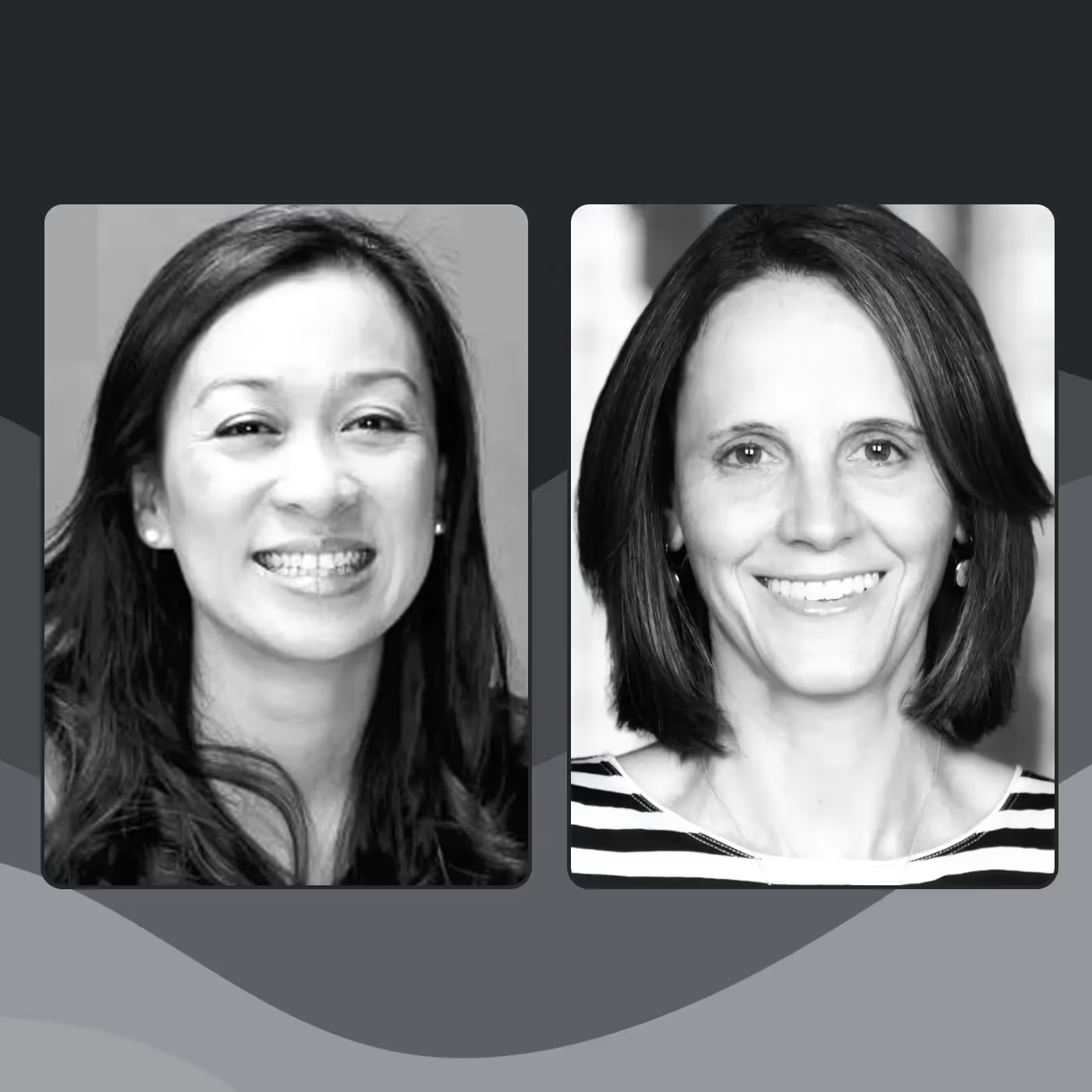
The new era of coaching is here Coaching is no longer just for executives behind closed doors. It’s now a personalized, tech-enabled lever for scaling leadership development across the enterprise. In this episode, Christine Tao, co-founder and CEO of Sounding Board, and Katrin Mulford, SVP and Global Head of Coaching at BTS, dive into what’s changed—and what’s possible. From navigating uncertainty to building mindset shifts that stick, they explore how modern coaching is accelerating readiness, driving retention, and evolving through AI.
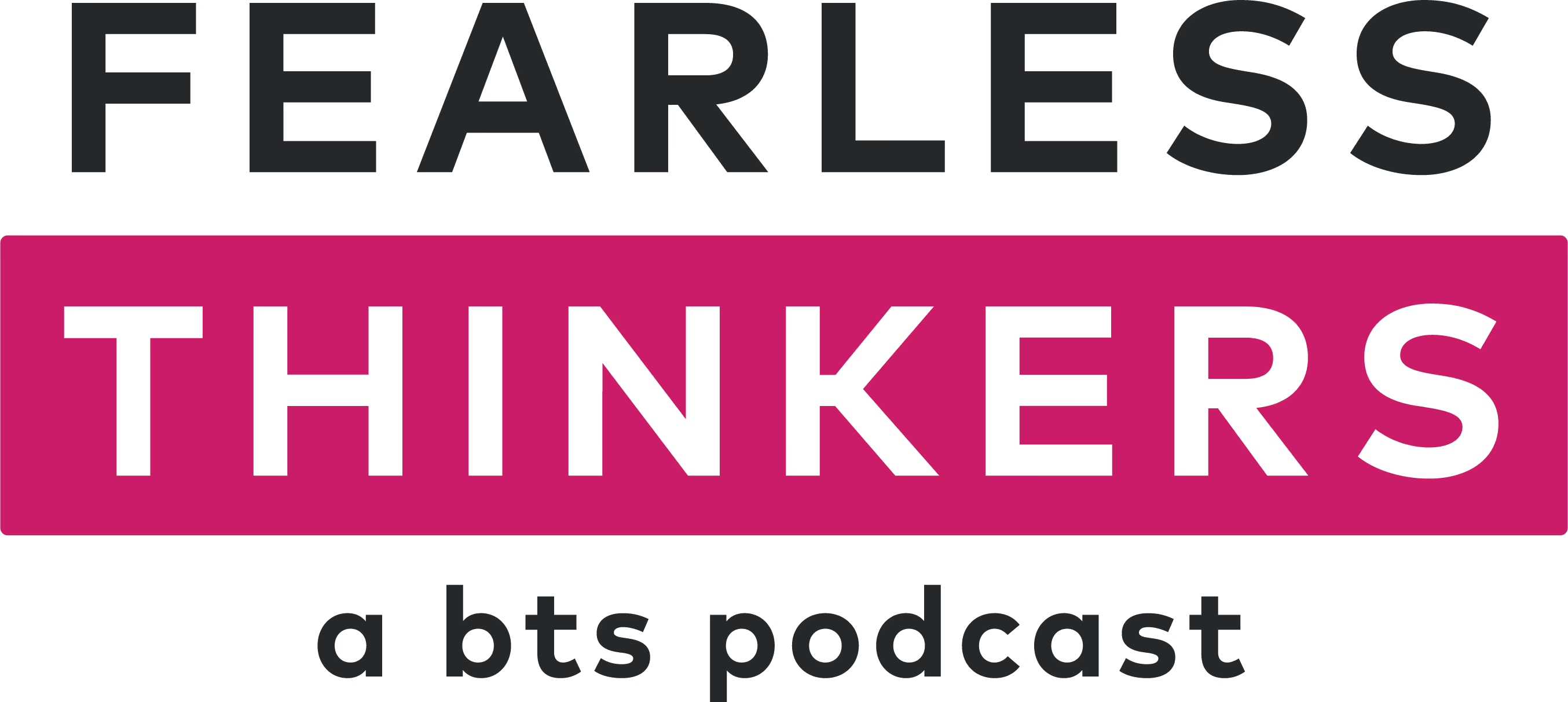
Most of us want to lead in a way that matters; to lift others up and build something people want to be part of.But too often, we’re socialized (explicitly or not) to lead a certain way: play it safe, stick to what’s proven, and avoid the questions that really need asking.
This podcast is about the people and ideas changing that story. We call them fearless thinkers.
Our guests are boundary-pushers, system challengers, and curious minds who look at today’s challenges and ask, “What if there is a better way?”If that’s the energy you’re looking for, you’ve come to the right place.
Rick: Welcome to Fearless Thinkers, the BTS podcast. I am your host, Rick Cheatham, and today we have Katrin Mulford and Christine Tao. Christine is the newest member of the BTS family. She founded a company called Sounding Board that recently joined us in. The really cool thing that they’ve been able to do is democratize coaching without commoditizing coaching, and you’ll hear her talk a lot about the enormous impact great coaching can have on an organization. So, let’s jump in.
Katrin, Christine, welcome to the show.
Christine: Thank you. Thanks for having us.
Rick: Absolutely. So, Christine, what’s been going on in your world?
Christine: Hmm, well, at least it’s summer. I’ve got my kids out of school, which is nice, except I feel like I’m spending a lot of time trying to get them away from their devices. So, but besides that, you know, just really sort of plugging away and really excited to have the conversation with you today.
Rick: Yeah, I remember those days. How about you Katrin?
Katrin: Yeah, so I’ll stay with the theme of summer. We live by a lake and just last weekend we bought a secondhand kayak for 50 bucks and it’s brand new. And so when we were on the water, we’re like, wow, we made the deal of our lives. And it was almost like it felt better just because it was so cheap.
Rick: It’s those kind of simple surprises sometimes that can make the biggest differences.
Well that’s really fun and, and actually unfortunately, moving from simple to complexity, when we think about what’s going on in the world today, I’m wondering. If you could just share a little bit of what your experiences have been and your latest thinking is, uh, around talent development.
Katrin: Yeah, I’ll take you just a few years back because I think there’s a really important evolution that sort of shines a light on where talent development has been going. So we saw many organizations globally when we sort of came out of the pandemic. The talent function was really interested in sort of capturing the agility and the ability to change fast and adapt that they had experienced in their organizations right at the beginning of the pandemic. So we had a lot of talent leaders talk with us about ways of articulating these as their new norm, as their leadership expectations. So there was a real redefinition going on in organizations trying to reimagine how they could capture this in a bottle almost. The essence of their agility that they all of a sudden had experienced out of necessity.
And then about two years ago, we started to see a shift in the talent function from having their existing providers who, during the hot years of the pandemic were providing coaching that was really more around mental wellbeing and mental health, which was really a great way of sort of supporting employees that they were shifting out of this. Trying to understand, you know, what do we now need for, from coaching? And many organizations, again, this showed up globally, have shifted back to coaching really in service of leader readiness.
What we see now is organizations offer both, right? They still have mental wellness, mental wellbeing offerings, but they differentiate this now from coaching that’s in service of maturing leaders faster through coaching, and obviously that’s a very different approach. So many organizations not only reimagined their coaching strategy: Do they want to centralize it? Do they want to decentralize it? Do they want to bring this to lower levels in the organizations?
I think we’re going to talk about this a little bit today, but what they all had in common in spite of reimagining their strategy, what they had in common was they were looking back at an offering that would mature and ready leaders faster, and really see organizations move the needle on leadership development and not just on mental health and mental wellbeing.
Rick: Yeah, I do find it very interesting to see that continuum that so many organizations went on from really focusing on resilience to now trying to balance resilience with accountability and how in today’s world, being able to adapt quickly becomes critical. And so I can see how what you’re referring to is that quick maturity of leaders has to happen in order for us to act in those ways.
Katrin: That’s a good summary, and I think the other part of this, if you think of the, resilience and the accountabilities as two pillars, then there is the truth that changes now faster than ever. We’ve all been talking about the pace of change and I think we’re just there, it’s just evolving so much faster and it creates a lot of angst and anxiety and chaos.
And for leaders to make sense of this at all levels in the organization is such an important part of who they are these days that it’s hard to solve through sequenced activities. Right? Because there, it’s almost like you have to be in this mode of sensemaking all day. And Christine can talk about this a little bit, this is where we actually see the role of coaching shifting.
Rick: Well, and, and so let’s, let’s dig into that a little bit, Christine, because I think. As we’ve already started to explore the challenges in the world we have today and the importance of coaching and how leaders can adapt and change quickly. How has coaching changed to meet those needs?
Christine: Yeah. Wow. Um, I mean, I, easy question, right?
Yeah. Right, right. No, I, I think about, um, you know, so when we started Sounding Board about 10 years ago. Um, my, my co-founder, Lori, she’s been in and around the space almost since inception. She was one of the first of 300 coaches, even certified in the profession. And so I even think about how coaching started.
I. Really as almost a modality, something done behind closed doors to help effectively sort of derail executives, right? And, and, and that being the first initial use case to, it’s literally come full circle or, you know, a full 180 where, um, it. Then really began to be adopted once it was available, um, and seen as a modality that should be used on your highest potential talent and how you could help accelerate them.
And then I think what we’re seeing now, uh, especially with technology enabling coaching at every level in different forms, um, in different use cases, is that like the sort of. Use cases for coaching are boundless, right? People are discovering more and more, and clients we’re seeing are discovering new, new use cases where they’re seeing how powerful coaching can be.
Um, whether it’s standalone, whether it’s integrated into a broader program or learning journey, um, or potentially at um. Different critical moments or transitions within a leader’s, um, sort of lifecycle or career progression. That’s been the part that I’ve found super fun to see because it, you just start to understand that sort of at its core, the reason coaching is so powerful is that it’s.
Personalized. And so it has this ability to be able to be used for so many use cases, which is why we see leaders really embracing it because they feel like no matter what I’m facing, this is some, a coach and someone to help me through that is something that I can see not only helps me, um, as a form of support, but really also as a really powerful form of development.
Rick: Well, so I’d, I’d love to go a little bit deeper and probably hear from both of you on this, how coaching, you know, when I think about even my own experience being coached, what’s so powerful about it is that it’s uniquely me and it’s uniquely now, and the things that I am facing. I’m also hearing some level of flavor about this is how we also level up the entire organization or a larger part of the organization.
So I would, I would love to hear your thoughts on that and possibly even a story or two of, of how that’s played out in the real world.
Christine: What’s interesting, I think, is that. If you think about how organizations traditionally tried to develop leadership capabilities at scale, that was often in a content driven experience or perhaps in um, training or an in-person where it was oriented around.
How are you and what content are you delivering that allows you to upskill those employees? So by default, it had to be the same for all of the participants. Right. And I think, like you said, the fact that now when you move into whether it’s one-on-one models or group models, um, you can still have those, um.
That sort of orientation of what’s the broader capabilities you’re trying to develop across the organization, but then actually have that translated down when it’s an individual into like, how does that show up for you, Rick? And, and so I think that’s really where, why it gets exciting because at the core we are, we have a common set of capabilities, often from client to client that they wanna see within their leaders.
Then they have behaviors that they define in terms of what, how, um, exemplifying that, how to do that at a high level. But then the individual, how do you meet those expectations? We all have very different needs for and, um, gaps we have to close or opportunities to be able to do that. And I think that’s really the beauty of how you can see.
At scale, a company can actually achieve their goals and you still allow that leader to have a very individualized experience about how to get there.
Katrin: I think I would add that, you know, if I think of for a moment about the types of briefings we get from clients and, uh, when they talk with us about developing their leaders and how, probably the one. Capability, competency, whatever it’s called, that’s now on every list, is navigating uncertainty. Getting ahead, reading weak signals, it gets interpreted in many ways, but navigating uncertainty is huge. And so it’s really worthwhile as an organization to then figure out what is it these leaders need in order to navigate uncertainty?
But then you can also look at this from the lens of, what’s my own relationship to uncertainty? And that’s actually better addressed in coaching because what my relationship to uncertainty is and how that shows up in my current context and my role is very different from your, Rick, and from Christine’s.
And so where coaching can have an individual and organizational impact is that in the coaching conversations,. I can bring my own lens of uncertainty in. So this is where coaching can really tune in to how do you work on your own edge in terms of, you know, bettering your relationship to uncertainty, but then where, uh, it can be unified so that the coaching sit sits in the organizational context is when the coaching then also takes into account. What’s the context here in which you are navigating.
Uncertainty in this organization, which is different than the uncertainty that you maybe navigate in your own life, in your private life. They’re blending together and I think the coaching is impactful when it looks at both lenses, the individual lens, and then the context. But it really allows organizations to hone in on really complex capability aspects of humans right now that aren’t solved in just one way or through a training.
Rick: So if I’m understanding you correctly, it’s almost like a funnel. We have the marketplace trends and challenges that then become business imperatives, that then become development needs for our leaders that then become, what does it look like for me today?
Am I getting it?
Katrin: Yeah. And what’s my own experience I’m bringing to this? Where’s my starting point? So I go back up the funnel. Everyone has their own starting point at that bottom of that funnel. And that’s really where the personalization is in my mind.
Rick: Cool. And so this is going to be a tough one because I’m sure there are members of our audience that live, breathe, love coaching. Even certified coaches that are listening to us right now. And there are members of our audience that have, um. You know, adjacency interest to coaching. I’m wondering if you could say a bit more about levels of coaching and how that could work, especially as you’re talking about that personalization and how that could happen potentially in small groups or for a broader audience than we think of only the Hi-Po’s (high-potential talent) or only the problematic executive that we’ve all heard of in the past.
Christine: Yeah. So we support one-on-one coaching, we support group coaching and then BTS, even prior to the acquisition from Sounding Board, has really integrated and embedded coaching as part of broader journeys that could even be delivered to individual contributors.
I think the commonality is really that in very simple terms, coaching is often helping people put things into practice. How do you practice those behaviors? How do you start to shift those mindsets? Whether it’s in a one-on-one setting or in a group setting, coaching innately is focused on not telling somebody the answers, but really helping a leader, through deep inquiry, curiosity, and really trusting that they have the right answer themselves, and being able to, you know, why we called our company Sounding Board, be a sounding board for those leaders to reflect and to.
Then be able to achieve these deeper insights that often then lead to deeper mindset shifts, which then drive the behavior change. And you know, the research has shown BTS has an incredible amount of research in the mindset space that for you to have real sustainable behavior change, it’s linked to a need for a deeper mindset shift in order to actually sustain that behavior change.
Katrin: I just want to double click on what Christine just mentioned, which is the idea of shifting mindset. We all have been there ourselves, right? We have all been stuck, at some point in our life and our career, and if we peel the onion, we actually often notice that it’s some sort of story we tell ourselves.
And it’s so much on autopilot that we don’t even know. We’re telling ourselves a story and we become the story. And so the coach is the one who can help peel that onion to realize it’s actually a narrative that you can shift, which is what we really mean when we say shifting your mindset. Because mindset means how your mind is currently set, or wired. So it’s actually a rewiring, which takes time, which takes courage, which takes place and space to fall down. Fail. Try again. Come back up. We’ve all been there.
Now imagine you are a people manager for the first time. You’re really excited about this promotion. There is a lot of things that suddenly have to shift, right? So you have to start moving from doing your own work to getting results through others. There’s a technical aspect, like a skilled aspect to that, but there’s also a mental and emotional aspect to this. So my mind needs to change from I do this myself, to I enable others to do this. And there’s a lot of autopilot competing internal commitments that we have that actually are worthwhile exploring. And so if we’re open to that and, and courageous enough to look at that, there’s a really good, uh, opportunity or chance that, uh, coaching is impactful.
Rick: Most people who know me know that I spent the majority of my career in sales and marketing, and there’s this old cliche that when you promote your best salesperson to sales manager, you get your worst manager and you lose your best salesperson. And so that pivot point between, because I’m the best, I got this job, so everybody should be like me or I should just do it and I should bail everybody out all the time to wait. I’ve got to enable the masses if we’re going to be successful.
I would be remiss if I didn’t at least ask: everybody thinks, talks, it’s everywhere all the time, AI, AI, AI. How is coaching supported by technology today?
Christine: I think a few years ago you might’ve said, gosh, that’s going to be really hard to measure. You know, how do you actually measure how somebody changes? And technology is a big part of how we’re able to do a lot of that measurement today. Whether it’s self-assessed, whether it’s through feedback, and then now there’s even, in some places looking at other performance metrics and how that might be correlated or related to coaching.
For example, for one of our clients, they actually looked at how does the cohort of folks that have gotten coaching perform in terms of company metrics around retention versus those that did not receive coaching. And they had seen that there was a 31% higher year over year retention rate. I mean, these are all things that technology not only enables, but enables us to be able to capture at scale when you’re talking about 500, 600, or thousands of leaders.
AI I think is really interesting because the market and the industry often falls into these debates. Is an AI bot, like really a real coach and you know, where do you draw the line? And I think at BTS and at Sounding Board, we held this view that while technology will never completely replace a human, there’s incredible ways that it can augment it.
And I think BTS especially is doing some really interesting things around practice bot, which I’ll let Katrin share more about, but there’s a lot of ways that you can forward some of the same development that you can get from a human coach that actually benefits from the technology, giving you real time access, ability to sort of play around with it when you actually need.
Katrin: Yeah. Ultimately it’s the practice. Once I’ve had a realization, it’s actually the practice that helps me form a new habit. We know that from neuroscience and how habits form. The strategy we’ve taken with regards to AI is to actually be able to use chat bots now that can help with reflection, that can help with suggestions for goal setting, even diagnostic of reviews of diagnostic tools of assessments.
And then the other one is to actually allow the individual that is going through coaching to at the same time in parallel access to real time practice bots where they’re now going in and just giving this a try, giving their newly forming understanding a try, and then getting real time AI empowered feedback and try again.
And also seeing their shift in their practice performance over time. And that’s a great complimentary reality that we’re offering as part of coaching where it’s not just in the moment of coaching, but even outside of the coaching conversation. Go and try what you just, um. Realize for yourself, see if how you can articulate this now differently.
If you can be differently in a difficult conversation. For example. Not just to use a tool, but be different and have more confidence and all that can be measured through capability AI capabilities that we now have. So we are actually experimenting with this as a complimentary offering to coaching.
Rick: I really love that as well because I think it probably also gives people the opportunity to take something that is absolutely now, absolutely in the moment and apply what they’ve been working on, what they’ve been learning to this next business challenge or this next cycle with their people. So I could see how that would be incredibly powerful.
So you’ve given us so many things to think about and such a great perspective, but I always think that a good story is a great way to tie things together. So, Christine, I’m wondering if you wouldn’t mind just giving us an example of a story of, of what this looks like in action when it’s done really well and right.
Christine: Yeah. Can I give you two, Rick?
Rick: Just this once I’ll allow it. No, absolutely.
Christine: So, we have a longstanding client in the FinTech space. They’re getting ready to IPO. We’ve worked with them now for almost four years. So you can imagine the company was very different four years ago than now when it’s getting ready to IPO, right?
And so over the course of the last year they have actually completely rearchitected their leadership capabilities, expectation of leaders, and even then what behaviors that they expect at different levels that drive high performance.. And a lot of that has to do with what is happening in the business and what shifts the business has to make based on where they are in terms of maturity and this next level of growth they have to go through.
And what’s been really interesting is that our coaching program now has changed with them and we are now currently re-architecting the next cohort to make sure that that’s aligned with those. And we know that oftentimes now, given the pace of change, that strategy might be happening, shifts might be happening, I don’t know, every six months, right?
And so you can’t spend, you know, five months designing something. By the time you’re getting ready to launch it, it’s already, not relevant. So to me, that’s really one super interesting example of why you need an agile model in terms of how you’re even approaching some of these shifts in the business, which coaching delivers really well.
The other is totally different. So think healthcare system. We work with one of the largest healthcare systems in Georgia. It’s WellStar. We’ve had a great relationship with them where we’ve coached over 500 leaders over the course of the last few years. And for them, they have taken a different approach, which is they have a belief that coaching can be powerful, and also helping them shift on a broader business strategy of moving to a digital operating model.
So with WellStar we’ve done Mid-level leader development for a lot of their VPs. And so it’s succession planning, which is a pretty typical use case. But they also have looked at the healthcare system overall is experiencing record burnout and stress and having a lot of challenges holding onto talent, especially around nurse practitioners and nurse managers.
And so we’ve even deployed coaching for nurses and the flexibility of the coaching model meant, because it was mobile, because it was on demand, it could actually accommodate these sort of different schedules that someone had that wasn’t at a corporate job, just at their desk.
And we’ve even tried it in their innovation arm. Um, so I feel like what, that’s what I was sort of pointing to at the start of our conversation. What’s exciting is that some of the most innovative companies are actually really trying a lot of different use cases to see what impact it’s having.
And at least for WellStar, almost a hundred percent of participants said they could immediately apply that to their work. They’re seeing the increases in those capability and development and retention, all really critical metrics that they needed to impact at a business level.
Rick: Those are great examples and actually help me visualize what this really looks like in action.
So that’s very helpful. Well, I want to thank you both. I’m sure our audience got a lot out of today and really appreciate the time you’ve spent with us, and I can’t wait to hear how the world continues to change and how the world of coaching responds. So I’m sure we’ll have you back soon.
Katrin: Yeah, thank you.
Christine: Thanks so much for having us.
Rick: Well, thanks for joining us today. It’s always a pleasure to bring you Fearless Thinkers. If you want to connect with Katrin or Christine, their LinkedIn bios are below. Also additional links to relevant content. You can always find us at bts.com and we’d appreciate it if you’d subscribe, so we can continue the conversation.
Thanks for listening and have a great day.
Related Content
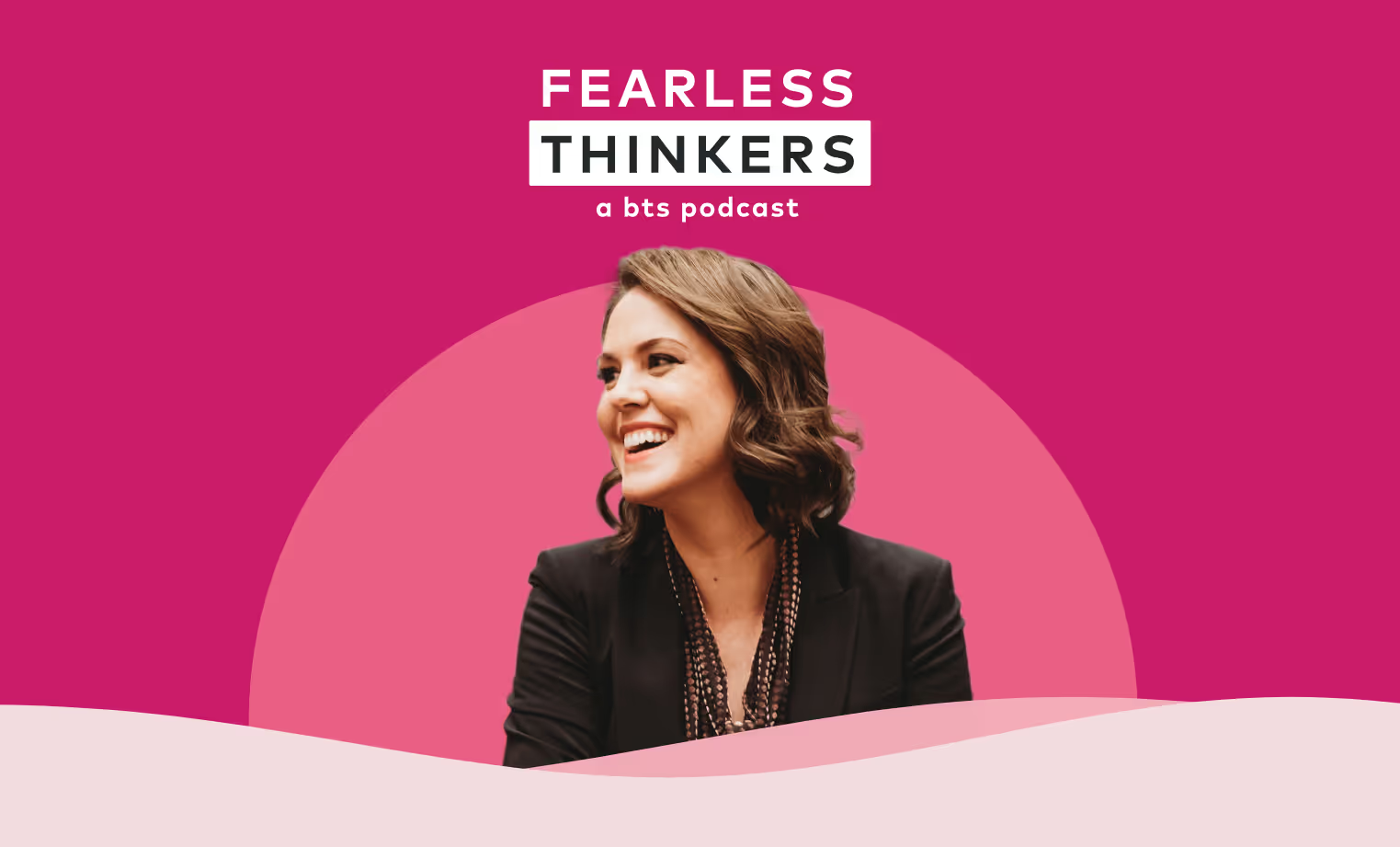
lorem ipsum
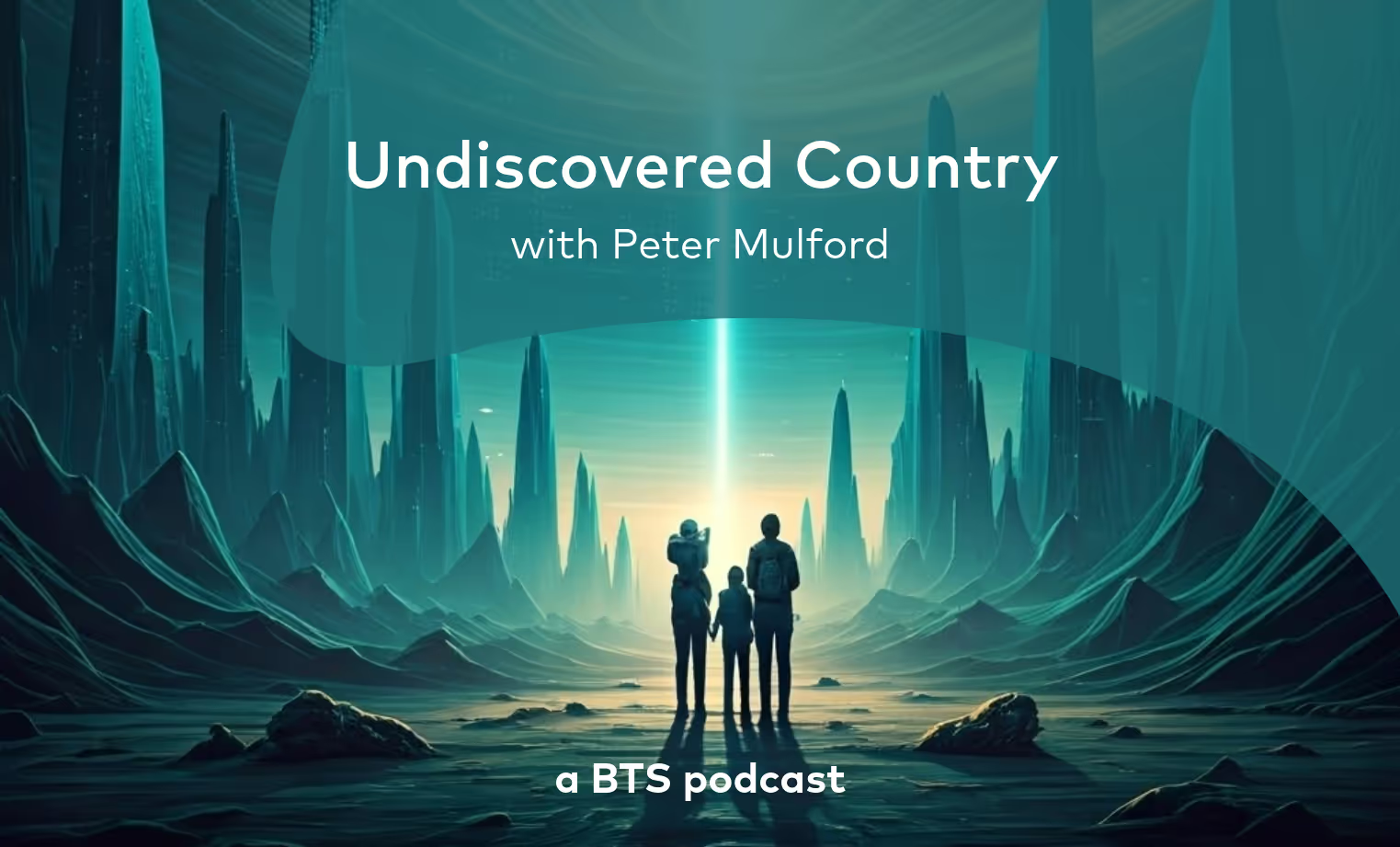
lorem ipsum

lorem ipsum

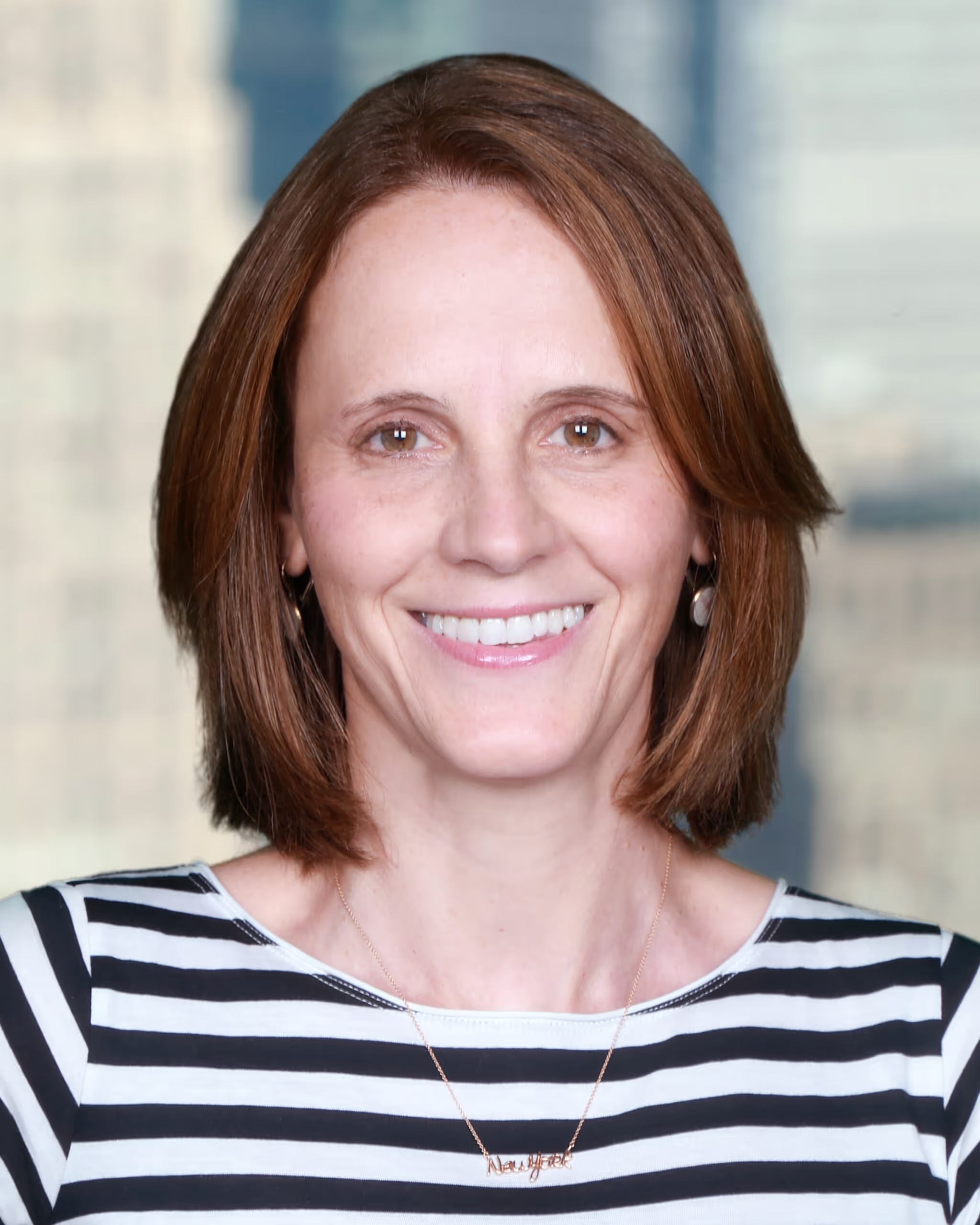

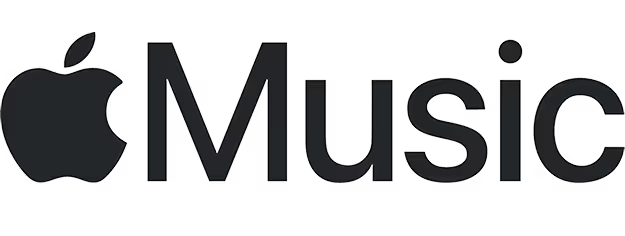

.svg)